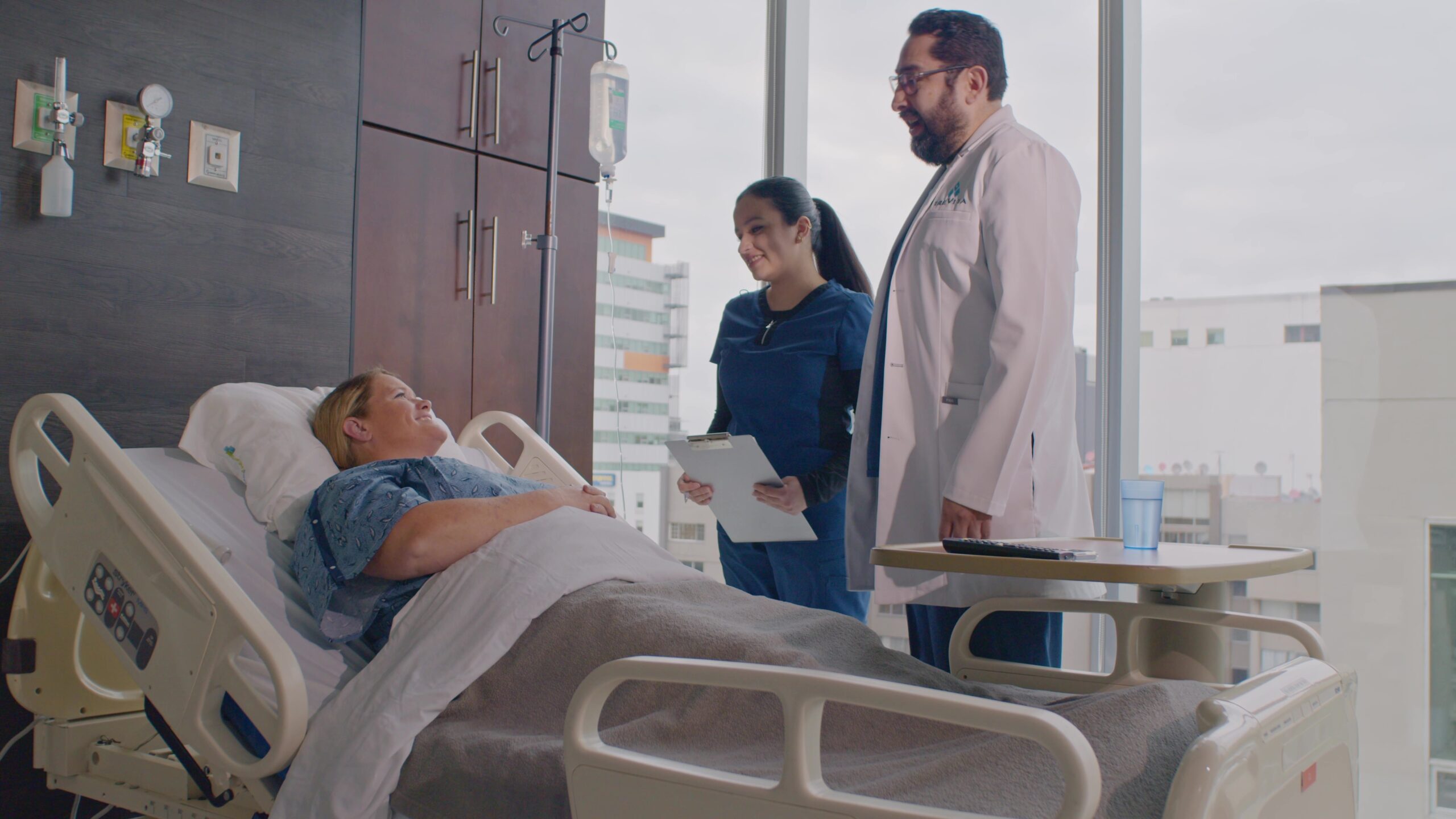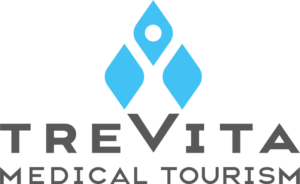Navigating Gastric Sleeve Recovery - A Comprehensive Guide
Embarking on the journey towards a healthier life through gastric sleeve surgery is both exciting and challenging. A comprehensive guide to navigating the recovery process is crucial to achieving long-term success. Are you ready to transform your life and embrace the changes that come with gastric sleeve surgery? Learn how to recover from gastric sleeve surgery. Overcome challenges. Adopt a healthier lifestyle. Experience the positive effects of this life-changing procedure
Understanding Gastric Sleeve Surgery
Gastric Sleeve Surgery, a popular weight loss procedure for clients struggling with their weight, involves the removal of a significant portion of the stomach to limit food intake and promote weight loss. As a minimally invasive weight loss surgery, gastric sleeve surgery has shorter recovery times and less pain compared to gastric bypass surgery for gastric sleeve clients.
But what sets gastric sleeve surgery apart from other bariatric surgeries? The gastric sleeve procedure not only restricts the amount of food that can be consumed but also produces hormonal changes in the body, diminishing appetite. Imagine feeling full faster, having improved appetite control, and consequently eating less to achieve your weight loss goals.
With the guidance of an experienced provider, you can embark on a successful gastric sleeve recovery journey after your metabolic and bariatric surgery and change your eating habits for a healthier, happier life.
Gastric Sleeve Recovery Time: Hospital Stay

After undergoing gastric sleeve surgery, clients typically remain in the hospital for 1-3 days. During this time, pain management and monitoring for potential complications are prioritized to ensure a smooth transition to the next phase of recovery. While in the surgical facility, clients are supervised by medical personnel, and examinations are conducted to guarantee there are no significant leaks or difficulties with the incisions.
Pain Management
Remember, it’s essential to follow your doctor’s instructions when taking pain medication and to communicate any concerns or side effects you may experience.
Monitoring for Complications
Before you are cleared to return home, hospital staff will vigilantly monitor you for possible complications, such as leaks or infections. For optimal recovery and healing, it is recommended that you begin walking three or four hours post-surgery and maintain mobility, even if it is limited to moving within the confines of your hospital bed.
Transitioning Home: The First Week
As you transition to the comfort of your home, the first week of recovery will be crucial in establishing a solid foundation for long-term success. During this time, you’ll focus on following a specific diet progression that will be given to you by your provider.
Additionally, you’ll begin light physical activities, such as brief walks, to promote healing and prevent complications. If you are not lifting upwards of 30-40 pounds you can resume going to work as long as you are not putting stress on your abdominal muscles.
Diet Progression
The first week’s diet progression is a vital aspect of the gastric sleeve recovery process. You’ll start with clear liquids, such as broth, sugar-free drinks, and soup on day 1. As your body adjusts, you’ll gradually progress to soft and solid foods over time.
It’s essential to consume at least 64 ounces of clear liquid daily during the initial week of recovery to stay hydrated and support the healing process, these can include:
- Broth or soup (clear, no vegetables or meat)
- Water, tea, fruit juice (pulp-free/nectar-free), sugar-free electrolytes, ice chips, and popsicles
- Jell-O
- 11oz/300ml of electrolyte beverages per day (e.g., Pedialyte, Powerade Zero, sugar-free options)
- 11oz/300ml (50g) of any liquid protein supplement per day (e.g., Isopure Zero, Premier, Gatorade Zero Protein)
Activity and Exercise

Although you may feel tired and exhausted during the first week of recovery time, it’s crucial to engage in light physical activities, such as brief walks. Walking and light exercise during the initial phase of recovery facilitate healing, avert potential complications, and ease your transition to life after surgery.
Remember, consistency is key, so take small steps and gradually increase your activity level as your body heals.
Returning to Work and Daily Life
Most clients can return to work and daily activities within 1-3 weeks after surgery, depending on their job duties and individual circumstances. For example, if you have a sedentary desk job, you may be able to return to work once you are discharged from the hospital.
As you resume your regular routine, it’s essential to continue following your doctor’s advice and maintain your healthy habits to ensure long-term success.

Long-Term Recovery Timeline and Lifestyle Changes
Long-term gastric sleeve surgery recovery involves more than just healing from the procedure itself. It requires a lifelong commitment to maintaining a healthy diet, engaging in regular exercise, and taking necessary vitamins and supplements.
By adhering to these guidelines, you’ll not only achieve your goal to lose weight but also sustain your weight loss and improve your overall health and well-being.
Nutritional Guidelines
To ensure long-term success, clients must follow a lifelong healthy eating plan, abstaining from high-calorie, sugary, or fatty foods. A dietitian plays a pivotal role in helping you formulate and adhere to a nutritious dietary regimen tailored to your specific needs and goals.
By embracing a balanced and nutrient-rich diet, including solid food, you’ll fuel your body with the energy and sustenance it needs to thrive in your new, healthier life.
Exercise and Physical Activity
Regular physical activity is essential for maintaining weight loss, reducing body fat, and boosting energy levels. Low-impact activities after the appropriate recovery period such as swimming, cycling, walking, and strength training exercises like lunges, squats, and lifting weights, are highly recommended.
Potential Challanges
As with any major surgery, gastric sleeve surgery comes with its own set of potential challenges, such as adjusting to a new diet, dealing with psychological effects, and managing potential complications.
Being aware of these challenges and having a plan in place to address them can make your recovery journey smoother and more successful.
Exercise and Physical Activity
Regular physical activity is essential for maintaining weight loss, reducing body fat, and boosting energy levels. Low-impact activities after the appropriate recovery period such as swimming, cycling, walking, and strength training exercises like lunges, squats, and lifting weights, are highly recommended.
Prevention Management
To prevent and manage potential challenges, it’s crucial to follow your doctor’s advice, attend follow-up appointments, and seek support from counseling or support groups.
Taking daily vitamins and mineral supplements also play an important role in an effective recovery, such as, but not limited to:
- Centrum Adults
- One-A-Day Multivitamins
- Nature Made Multi
Follow-up Care and Monitoring
Regular follow-up appointments with healthcare providers are essential for monitoring recovery progress, discussing diet and exercise, and addressing any concerns or complications. These visits provide an opportunity to track your progress, receive expert guidance, and get personalized advice to help you stay on track and achieve your rapid weight loss goals.
Summary
In conclusion, navigating the gastric sleeve recovery journey can be challenging, but with the right guidance, support, and commitment, you can achieve long-term success. By following this comprehensive guide, you’ll be well-equipped to face and overcome the hurdles that may arise, adopt a healthier lifestyle, and reap the life-changing benefits of gastric sleeves surgery.
Remember, your journey doesn’t end after surgery. It’s just the beginning of a new, healthier, and happier life. So embrace the changes, stay committed to your recovery, and enjoy the transformation that awaits you.







